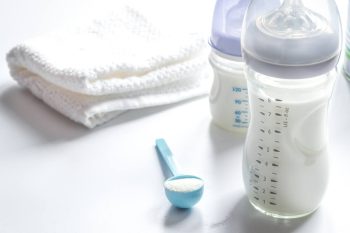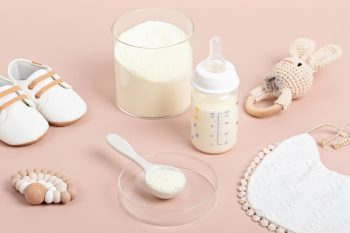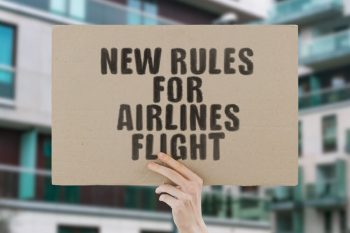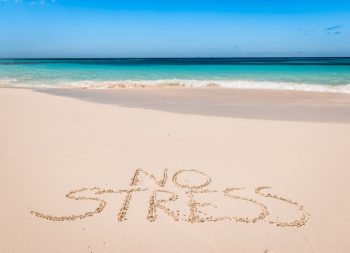Planning a trip with a baby or young child can be overwhelming and stressful, especially when it comes to packing their necessities.
How much formula can you take on a plane? For parents who prefer using formula, it can be challenging to figure it out, or if they should pack only enough to last for the trip.
In this post, we’ll navigate the regulations and provide helpful tips to make flying with formula a breeze.
Carrying Formula on a Plane: Check Airline Requirements
When it comes to carrying formula on a plane, the general rule is that containers holding 3.4 ounces (100 milliliters) or less are allowed in a carry-on bag, while larger quantities are allowed in checked baggage.

This applies to both ready-to-feed formula and formula powder. However, it’s important to check with the airline as well and verify if they have any specific requirements or restrictions.
Packing Formula Powder for Air Travel: Tips and Screening
For parents who plan to bring a larger amount of formula powder, it’s important to note that powder formulas can be screened by the Transportation Security Administration (TSA) and that it may require additional testing.
So, it’s essential to pack it in a way that it can be easily accessed and checked, if necessary.
One recommendation is to put the formula in a separate container and to bring a scoop to measure the powder, so you don’t have to bring the entire can with you.

Traveling with an Infant: Pre-boarding and Cold Storage
If you are traveling with a young infant, you can request pre-boarding to have extra time to get situated.
Another recommendation is to pack extra supplies such as bottles, nipples, and a cooler bag to keep the formula cold for extended periods.
Additionally, you can opt to ask for bottled water to mix the formula as tap water may not be safe as it might contain bacteria.

Medically Necessary Liquids: Guidelines for Formula on Flights
It’s also essential to keep in mind that TSA has specific guidelines for traveling with medically necessary liquids, which includes formula.
This means that if the baby has a medical condition that requires specific nutrition, parents can bring more than the 3.4-ounce limit.
This requires a doctor’s note that specifies the quantity of formula needed and why it is necessary.
It’s important to read the TSA’s guidelines thoroughly and comply with all their rules concerning carrying liquids for babies.

International Travel and Formula: Planning and Exceptions
When traveling internationally, especially to countries with safety concerns or unreliable water sources, parents might opt to bring enough formula for the trip.
In some instances, formula may not be readily available or is significantly more expensive.
It is only in exceptional cases that formula can be allowed in quantities above the permitted limit. It is always better to consult with your airline and know their policy.
With sound planning and preparation, traveling with formula on a plane can be stress-free.

Parents can navigate this process by being mindful of TSA and their specific airline’s guidelines, as well as packing appropriately and bringing extra supplies.
You can also allow sufficient time at the airport to go through screening procedures without haste, to ensure you comply with all regulations and that you and your baby have everything you need during your flight.
Bon voyage!


